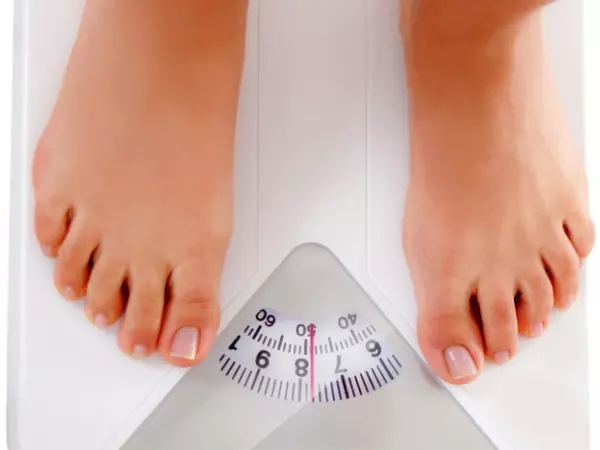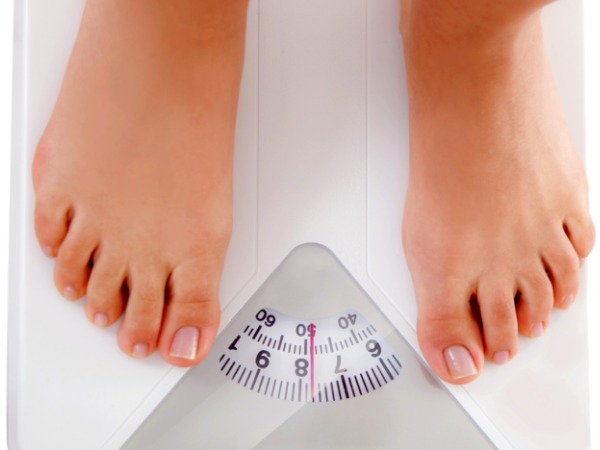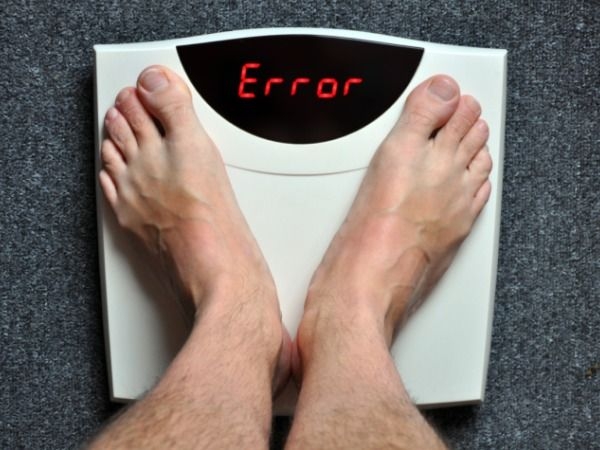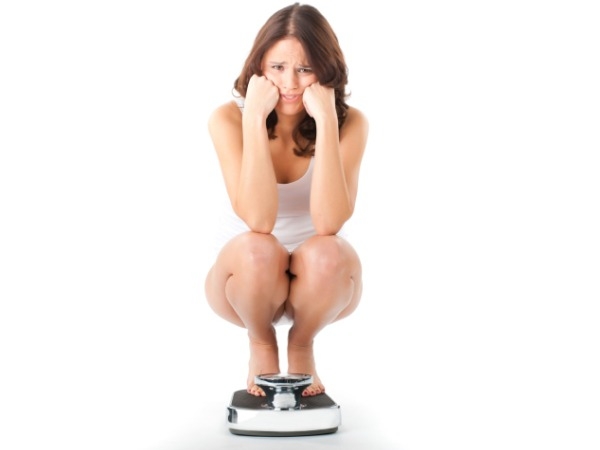Weight Management: Factors That Influence Weighing Scale
Weighing scale is one of the most important tools in weight management. But is this tool justified in its usage? We look at the factors that can influence the change in the number on the scale.
Weighing scale is one of the most important tools in weight management. But is this tool justified in its usage? We look at the factors that can influence the change in the number on the scale.
*Images courtesy: ? Thinkstock photos/ Getty Images



Factors that Influence Weighing Scale
Weight scale mistakes:
I have come across a lot of people on weight loss programs who seem to have reached to a screeching halt when the weighing scale doesn¡¯t move. This can be very de-motivating and pushes one to disembark from their journey to weight loss.
For More on Weight Loss: Root Vegetables for Weight Loss

Factors that Influence Weighing Scale
Understanding the weighing scale:
Weight of a body is made of fat, bones, muscle and water. The weighing scale number reads all of this and gives you a certain number which is your weight. This number can fluctuate over the course of the day by one of two kilos at times.
For More on Weight Loss: Chewing Gum Induces Weight Loss?

Factors that Influence Weighing Scale
Food and beverage intake:
Weight measured just after a meal up to an hour will show a rise in the number by 500gms to 1 kg. A glass of water had just before stepping on the scale can mislead the number by 250-500 gms.
For More on Weight Loss: 20 Biggest Weight Loss Mistakes Keeping You Fat

Factors that Influence Weighing Scale
Time of the day:
You weigh the lightest in the morning preferably after emptying your bowels. By evening your weight will show an escalation by 1 kilo.
For More on Weight Loss: Top 20 Weight Loss Plan Mistakes to Avoid

Factors that Influence Weighing Scale
Dietary choices:
A heavy meal on a previous night or excess alcohol intake can retain more water. Hence for the next few days the weight can fluctuate between one to two kilos.
For More on Weight Loss: Top Fat Burning Superfoods

Factors that Influence Weighing Scale
Activity levels:
Just after a heavy strength training session one may tend to weigh a kilo more. Or after a cardio session you may tend to weigh less by 500 gms due to water loss.
For More on Weight Loss: Aqua Aerobic Exercises for Weight Loss

Factors that Influence Weighing Scale
Clothes:
Does clothing have an effect on the weighing scale? We either weigh ourselves with no clothes or very light clothes. The type of clothes does demonstrate a different figure all the time.
For More on Weight Loss: High Fibre Foods for Weight Loss

Factors that Influence Weighing Scale
Tracking your weight:
It¡¯s important to measure your progress if you are weighing yourself on a monthly basis or even fortnightly. This will help to keep track of your weight gain or loss or maintaining healthy weight. But this can become daunting if you check your weight several times in the day or every second day.
For More on Weight Loss: Is Banana a Weight Gain or a Weight Loss Fruit?

Factors that Influence Weighing Scale
What do the numbers mean?
Numbers tell you very little about your body. It doesn¡¯t quantify your relationship with your hormones, digestive health or food. A mere number should never measure health, wellness and fitness. A number that defines whether you will have a good day ahead or a bad day cannot determine your goal to a happier lifestyle. A number that controls your self-esteem determines your worth or value in less than 5 seconds.
For More on Weight Loss: Tips to Lose Weight with Cycling
<p>Pooja Bhargava is an ACSM( American council of sports medicine) and IIFA(Indian institute of fitness administration) certified Personal Trainer, Nutrition Consultant and Physical Fitness expert. She is also the founder and CEO of Fitness U and Nutrition (F.U.N), Mumbai, since April 2011.</p>
Read More







